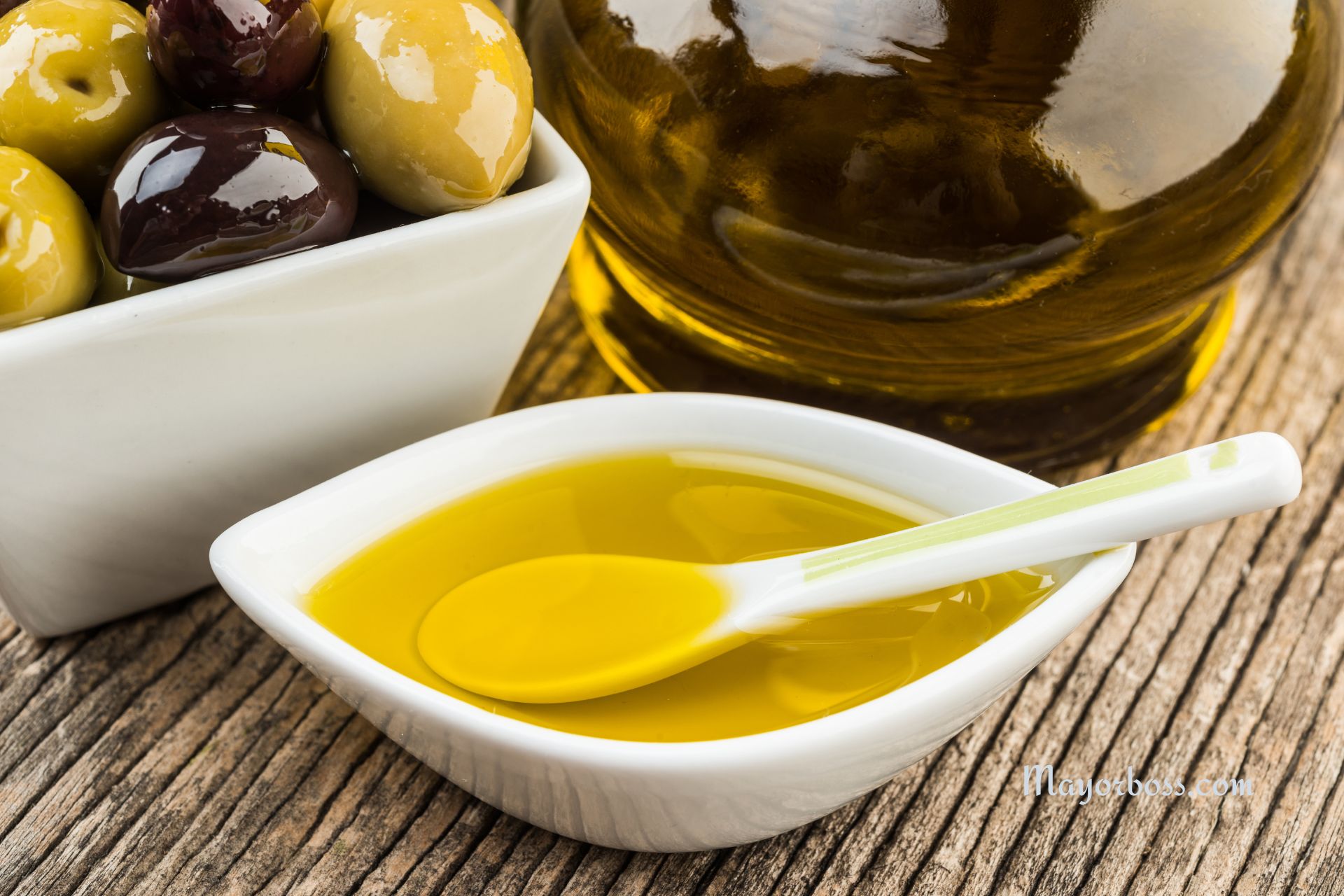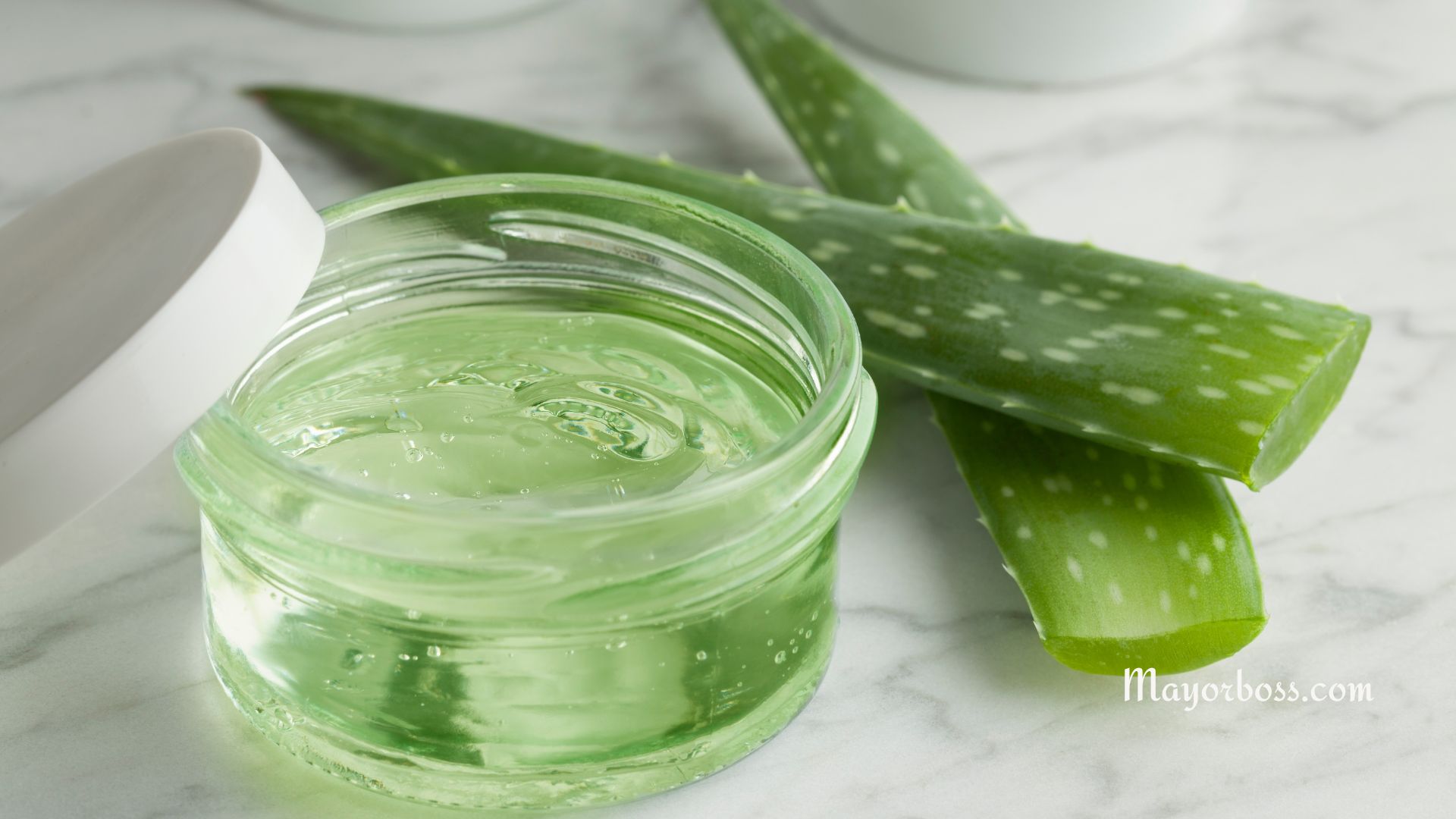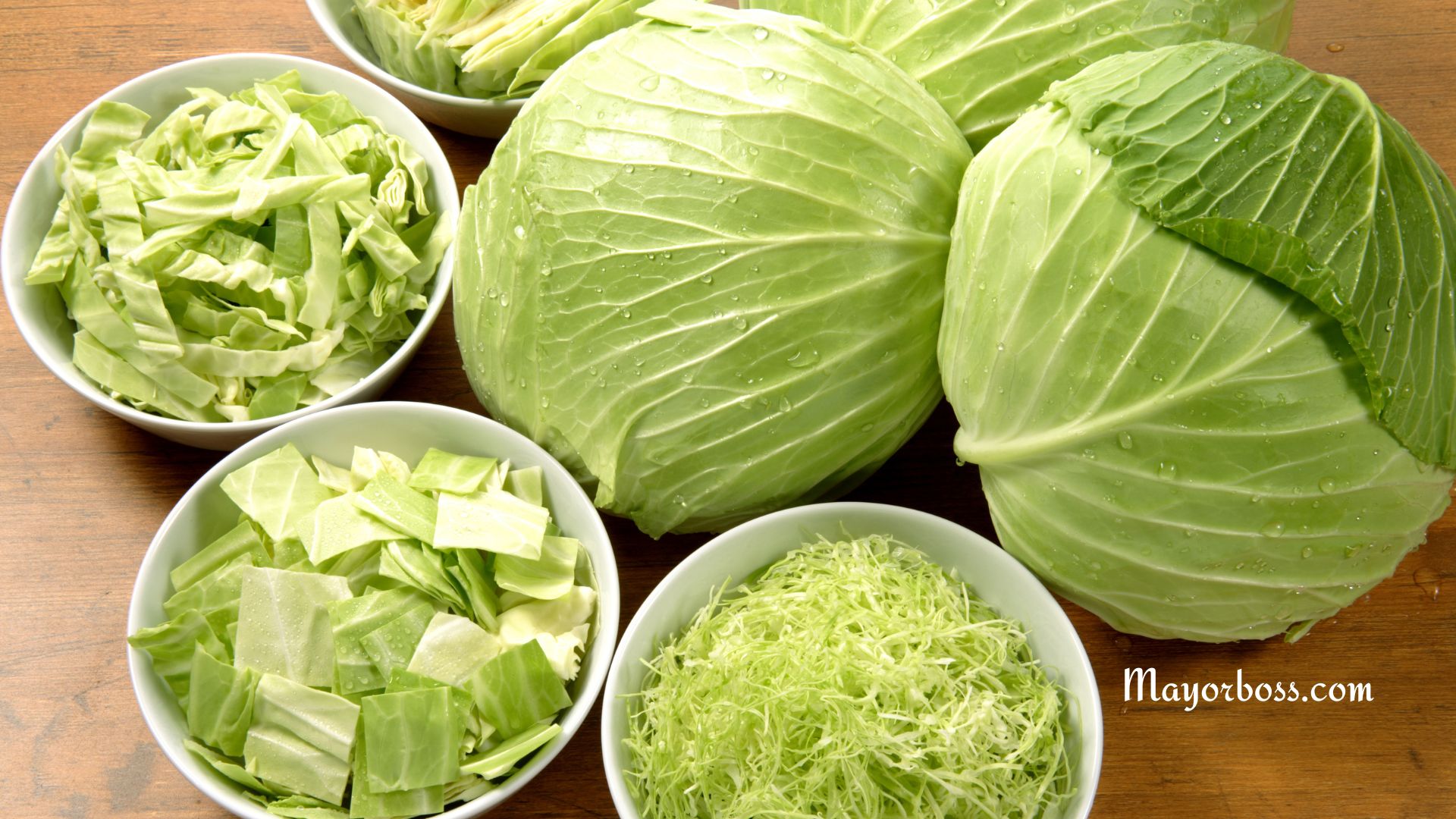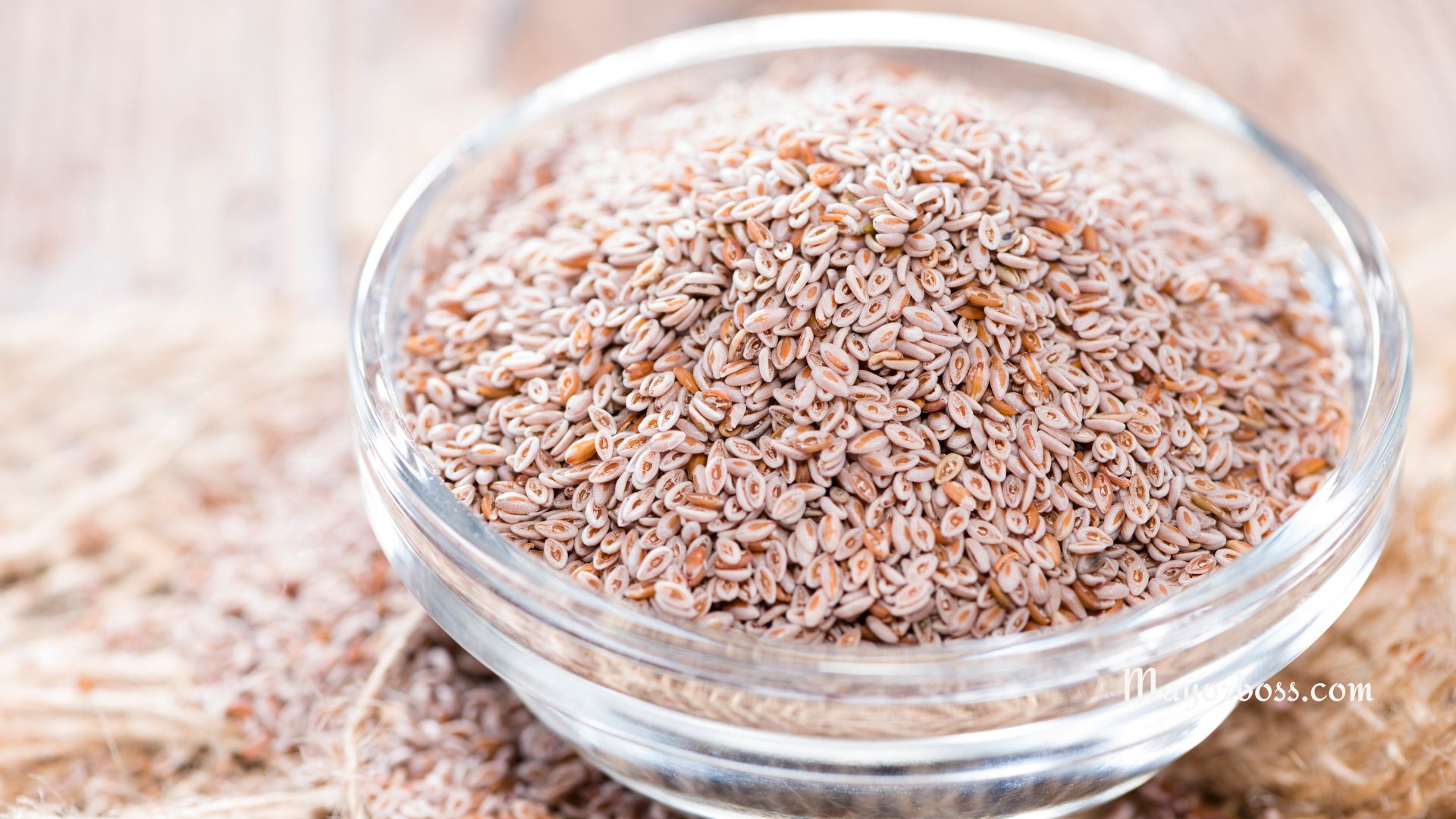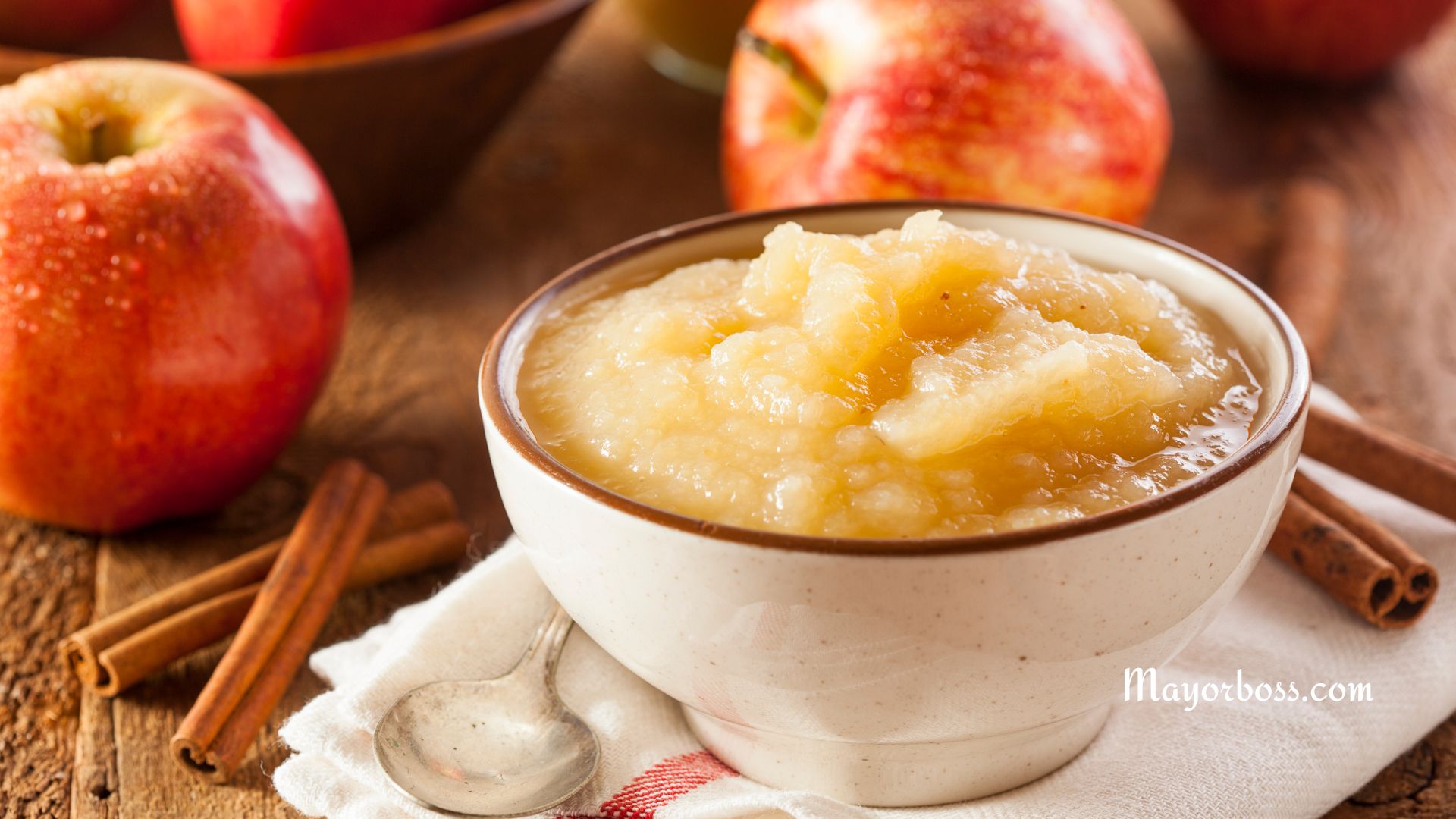5 Foods That Cause Acne
Acne can be influenced by dietary choices. Foods high in sugar and refined carbohydrates, dairy products, and fast food can cause acne due to their impact on inflammation, hormone regulation, and sebum production.
Acne, a condition that affects people globally and across all age groups, can significantly impact an individual’s quality of life. Although primarily associated with hormonal changes during adolescence, acne can persist into adulthood and can be triggered or worsened by numerous factors, including diet.
There’s growing scientific evidence that certain foods can influence acne development by promoting inflammation, affecting hormone and oil production, or influencing skin cell growth. Here, we explore five foods that could be contributing to your acne.
Foods That Cause Acne
1. Sugary Foods and Refined Carbohydrates
Foods high in sugar and refined carbohydrates top the list of potential acne triggers. This category includes foods like soft drinks, cakes, cookies, pastries, and many processed snacks.
Similarly, refined carbohydrates found in white bread, pasta, and rice are quickly broken down into sugar in your body, which can lead to a spike in insulin levels.
These sudden increases in insulin levels can cause your oil glands to produce more oil, accelerating the rate of skin cell growth and contributing to the clogging of follicles, which can result in acne.
Moreover, diets high in refined carbohydrates have been associated with increased inflammation in the body, another factor that can contribute to acne.

2. Dairy Products
Dairy products, particularly cow’s milk, have long been suspected of contributing to acne.
Although the exact mechanism isn’t entirely understood. It’s believed that hormones and growth factors in milk can interact with the insulin-like growth factor (IGF-1) in your body.
This interaction might increase sebum production and inflammation, two significant contributors to acne.
Several studies have found a link between the consumption of milk and acne severity, particularly in teenagers.
However, it’s worth noting that dairy products affect everyone differently. While some people might experience a flare-up in response to dairy, others might have no reaction at all.
3. Fast Food
Fast food items, such as hamburgers, hot dogs, french fries, potato chips, chicken nuggets, tacos, and ice cream, are often high in trans and saturated fats, which are known to promote inflammation.
Inflammation can make the skin more prone to acne breakouts.
Additionally, fast food tends to be high in refined carbohydrates and sugars, which can spike your insulin levels and potentially lead to an increase in acne.
Several studies have found that people who frequently consume fast food have a higher risk of developing acne.

4. Foods Rich in Omega-6 Fats
While fats are an essential part of a healthy diet, the type of fat you eat can affect your likelihood of developing acne.
Diets particularly high in omega-6 fatty acids and low in omega-3 fatty acids can promote inflammation, which may increase the risk of acne.
Many processed and fast foods contain vegetable oils, which are rich in omega-6 fats.
On the other hand, foods like fatty fish, walnuts, and flaxseeds are high in omega-3 fats and have been shown to reduce inflammation and potentially reduce the risk of acne.
5. Chocolate
Chocolate has been a controversial food in the debate about whether diet can cause acne.
Some studies suggest that cocoa might affect the immune system in a way that can trigger acne breakouts.
On the other hand, other studies found no link between chocolate consumption and acne.
It’s worth mentioning that many types of chocolate, especially milk and white chocolate, contain high amounts of sugar, dairy, and unhealthy fats, all of which have been associated with acne.
Therefore, if you notice that your acne worsens after eating chocolate, it might be worth considering cutting it out of your diet to see if your skin improves.
Conclusion
While it’s crucial to understand that everyone’s body reacts differently to food, being mindful of your diet can help you identify potential triggers for acne.
However, it’s essential to remember that diet isn’t the only factor that can contribute to acne. Hormones, stress, lack of sleep, and certain medications can also play a significant role.
Always consult with a healthcare professional or a dermatologist before making significant changes to your diet or skincare routine.
They can provide personalized advice based on your individual needs and circumstances. And remember, achieving clear skin takes time, patience, and a holistic approach to your health and well-being.
Further Reading: 10 Tips to Get Rid of Body Acne

